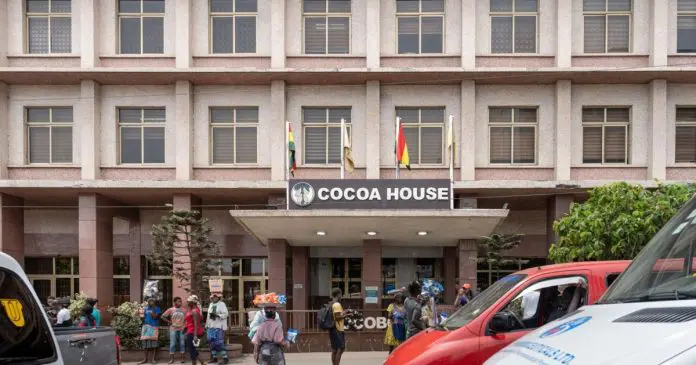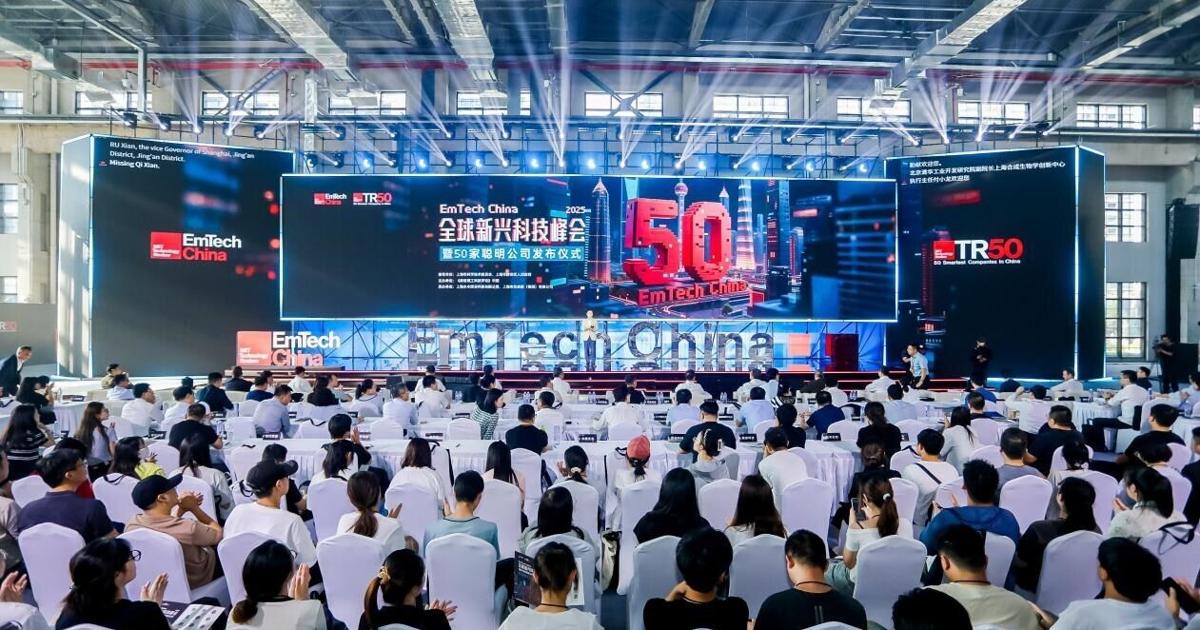By Ghana News
Copyright ghanamma

Acting Chief Executive of Ghana Cocoa Board (COCOBOD), Dr. Ransford Abbey, has secured promising commitments from major Japanese chocolate manufacturers during high-level discussions at the ongoing Expo 2025 in Osaka, potentially transforming Ghana’s cocoa value chain ambitions.
The strategic engagement, confirmed by multiple sources, brought together executives from industry giants Glico and Itochu Corporation in what industry observers describe as Ghana’s most significant cocoa diplomacy initiative in recent years.
The timing proves crucial for Ghana’s cocoa sector recovery. USDA projections show Ghana’s cocoa bean exports expected to reach 520,000 metric tons in 2025, representing a remarkable 55 percent increase over the previous year’s 336,000 MT, signaling the country’s emergence from production challenges that had plagued the sector.
Dr. Abbey, who assumed the acting CEO role following President Mahama’s appointment in January, used the Osaka platform to pitch Ghana’s vision of moving beyond raw bean exports toward value-added processing. The discussions reportedly focused on joint ventures that could leverage Japanese expertise in chocolate manufacturing with Ghana’s premium cocoa production capabilities.
Japan imported $195.17 million worth of cocoa and cocoa preparations from Ghana in 2024, making it one of Ghana’s most valuable cocoa trade partnerships. This existing relationship provides a solid foundation for the expanded cooperation now under discussion.
The Japanese executives expressed particular interest in supporting Ghana’s domestic processing ambitions. Ghana currently processes only 20-25% of its cocoa locally but has set an ambitious target of processing 50% domestically by 2030, creating substantial opportunities for technology transfer and investment partnerships.
What makes these discussions particularly significant is their alignment with Ghana’s broader economic strategy. The proposed partnerships could accelerate job creation in cocoa-growing regions while positioning Ghana as a regional hub for chocolate manufacturing rather than merely a raw material supplier.
Dr. Abbey reportedly briefed the Japanese firms on COCOBOD’s ongoing interventions to protect and strengthen the sector. These include comprehensive rehabilitation programs targeting the destructive Cocoa Swollen Shoot Virus Disease and measures to combat illegal mining activities that have threatened farmland integrity.
The Japanese companies’ response has been notably positive, with both Glico and Itochu executives pledging deeper support for COCOBOD initiatives. Their interest extends beyond traditional buying arrangements to encompass potential joint ventures in processing facilities, technology transfer programs, and market access for finished Ghanaian chocolate products.
For Ghana’s economy, the implications could be transformative. Moving up the cocoa value chain would significantly increase foreign exchange earnings while creating thousands of jobs in manufacturing, packaging, and export operations. The partnerships could also provide access to Japanese markets for Ghana-made chocolate products, currently a minimal part of the trade relationship.
Industry analysts view the timing as particularly strategic. Global chocolate demand continues growing, while supply chain disruptions have highlighted the importance of diversified sourcing and processing capabilities. Ghana’s political stability and established cocoa expertise make it an attractive partner for Japanese companies seeking reliable long-term relationships.
The discussions also addressed quality assurance and sustainability standards, critical factors for Japanese manufacturers serving discerning consumers. Ghana’s commitment to maintaining premium bean quality while expanding processing capabilities appears to have resonated with potential partners.
Dr. Abbey’s delegation included Deputy Chief Executive for Finance and Administration Ato Boateng, Public Affairs Head Jerome K. Sam, and Sulemana Wahab from the CEO’s office, demonstrating COCOBOD’s serious commitment to these partnerships.
The outcomes of these Osaka discussions could influence Ghana’s cocoa sector trajectory for decades. Success in attracting Japanese investment and expertise would not only advance processing targets but also establish templates for similar partnerships with other major chocolate-consuming nations.
As Ghana works to maximize value from its cocoa resources, these Japanese partnerships represent exactly the kind of strategic alliances needed to transform the country from a raw material exporter to a value-added manufacturer in the global chocolate industry.
The full impact of Dr. Abbey’s Osaka mission will become clearer in coming months as formal agreements take shape. However, the positive reception from Japanese industry leaders suggests Ghana’s cocoa transformation agenda has gained powerful international backing.



